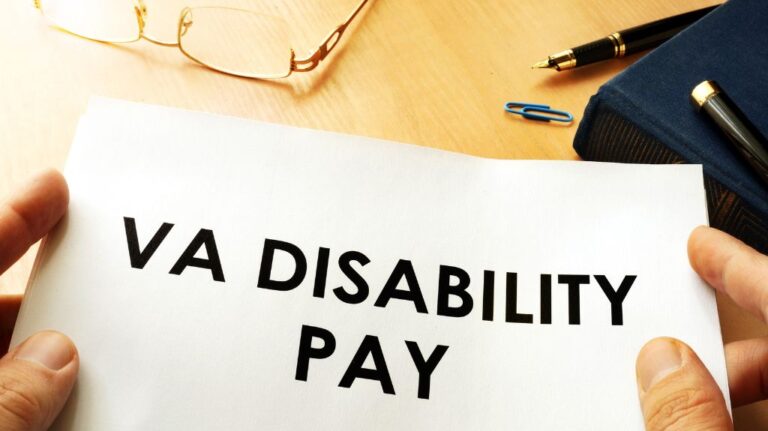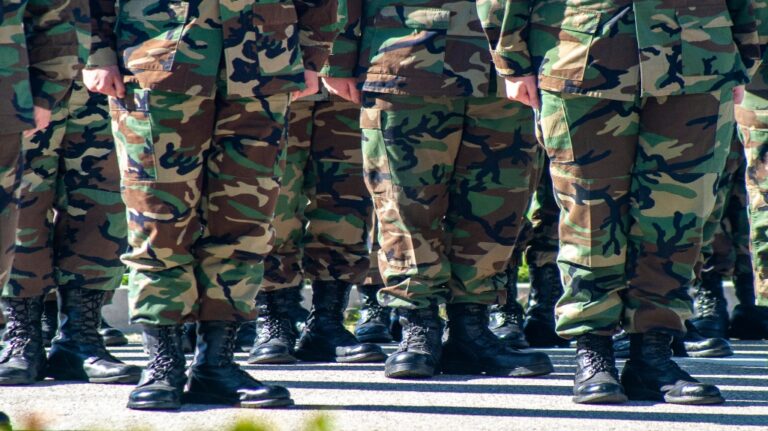Can a Disabled Veteran Receive Food Stamps?

Navigating the various benefits and assistance programs available to disabled veterans can be overwhelming. Many veterans may wonder if they qualify for food assistance, also known as the Supplemental Nutrition Assistance Program (SNAP), commonly referred to as food stamps. This blog will explain the eligibility criteria for SNAP benefits, how being a disabled veteran might affect eligibility, and what steps to take to apply.
Understanding SNAP Benefits and Eligibility Requirements
SNAP benefits are designed to help low-income individuals and families afford nutritious food. The program is funded by the federal government but administered by state agencies, meaning eligibility criteria can vary slightly by state. However, several key factors determine if someone qualifies for food stamps:
- Income Limits: SNAP has income limits based on the federal poverty level. These limits are adjusted annually. Most households must have a gross monthly income (before taxes) at or below 130% of the federal poverty level to qualify.
- Resources: Households must also meet certain asset limits. Generally, households may not have more than $2,750 in countable resources, such as cash or money in a bank account, or $4,250 if at least one person is aged 60 or older or is disabled.
- Work Requirements: Able-bodied adults without dependents must meet work requirements to qualify, but these requirements do not apply to those with disabilities.
How Disability Impacts SNAP Eligibility
Disabled individuals, including disabled veterans, often have different eligibility rules for SNAP benefits. Here are some important factors that can impact a disabled veteran’s eligibility:
- Exemption from Work Requirements: Disabled veterans are exempt from the general work requirements that apply to many other SNAP applicants. This means they do not need to meet specific work or job training criteria to qualify for benefits.
- Higher Resource Limits: Households that include a disabled member may have higher resource limits, allowing them to qualify even if they have more assets than the typical threshold.
- Medical Expense Deductions: Disabled veterans may qualify for certain deductions that lower their countable income, such as medical expenses that exceed $35 per month. This can help them meet the income limits for SNAP benefits.
Calculating Income for Disabled Veterans
Veterans receiving disability compensation from the Department of Veterans Affairs (VA) should know how this compensation is counted when determining SNAP eligibility. Here are some key points:
- VA Disability Compensation: VA disability compensation is generally considered countable income when determining SNAP eligibility. However, the amount of compensation and other deductions may affect the final calculation.
- Other Benefits and Assistance: Veterans may also receive other benefits, such as Supplemental Security Income (SSI) or Social Security Disability Insurance (SSDI). These benefits may be counted differently depending on state rules and individual circumstances.
Steps for Disabled Veterans to Apply for SNAP Benefits
If you are a disabled veteran considering applying for SNAP benefits, here are the steps to take:
- Check Your Eligibility: Visit your state’s SNAP website or use the USDA’s SNAP Eligibility Pre-Screener tool to determine if you may qualify.
- Gather Necessary Documents: Prepare documents that verify your income, resources, disability status, and other personal information. This may include pay stubs, bank statements, and VA disability award letters.
- Complete the Application: Submit your application online, by mail, or in person at your local SNAP office. Each state has its application process, so follow the instructions provided by your state agency.
- Attend an Interview: After applying, you may need to participate in a phone or in-person interview to verify your information.
- Receive a Decision: The state agency will review your application and inform you if you qualify for benefits and, if so, how much you will receive.
Appealing a Denied Application
If your application for SNAP benefits is denied, don’t be discouraged. Disabled veterans have the right to appeal the decision. You will receive a letter explaining why your application was denied and instructions on how to file an appeal. Be sure to follow the appeal instructions carefully and provide any additional information or documentation that may support your case.
Know Your Rights and Get the Help You Deserve
Disabled veterans may qualify for food assistance through the SNAP program, but navigating the eligibility requirements can be challenging. Understanding how VA disability compensation, income, and other factors affect your eligibility is crucial. If you are a disabled veteran seeking SNAP benefits or have questions about your eligibility, it’s important to consult with a knowledgeable advocate.
Need Help? Contact VA Benefits Attorneys Powered by Tabak Law Today
If you need assistance understanding or applying for benefits, don’t hesitate to reach out to VA Benefits Attorneys Powered by Tabak Law. Our experienced team is here to help you navigate the complexities of both VA and SNAP benefits and ensure you receive the assistance you deserve. Contact us today to discuss your situation and explore your options.







